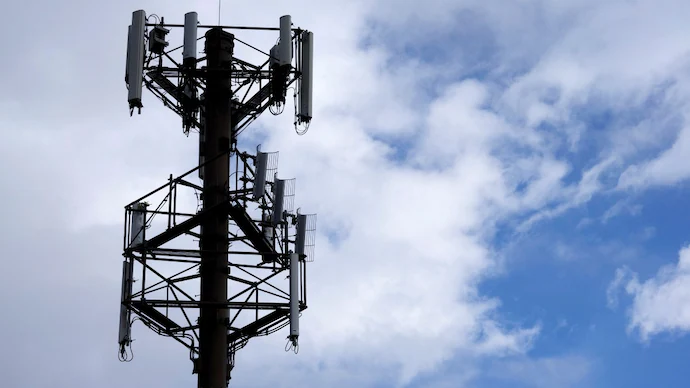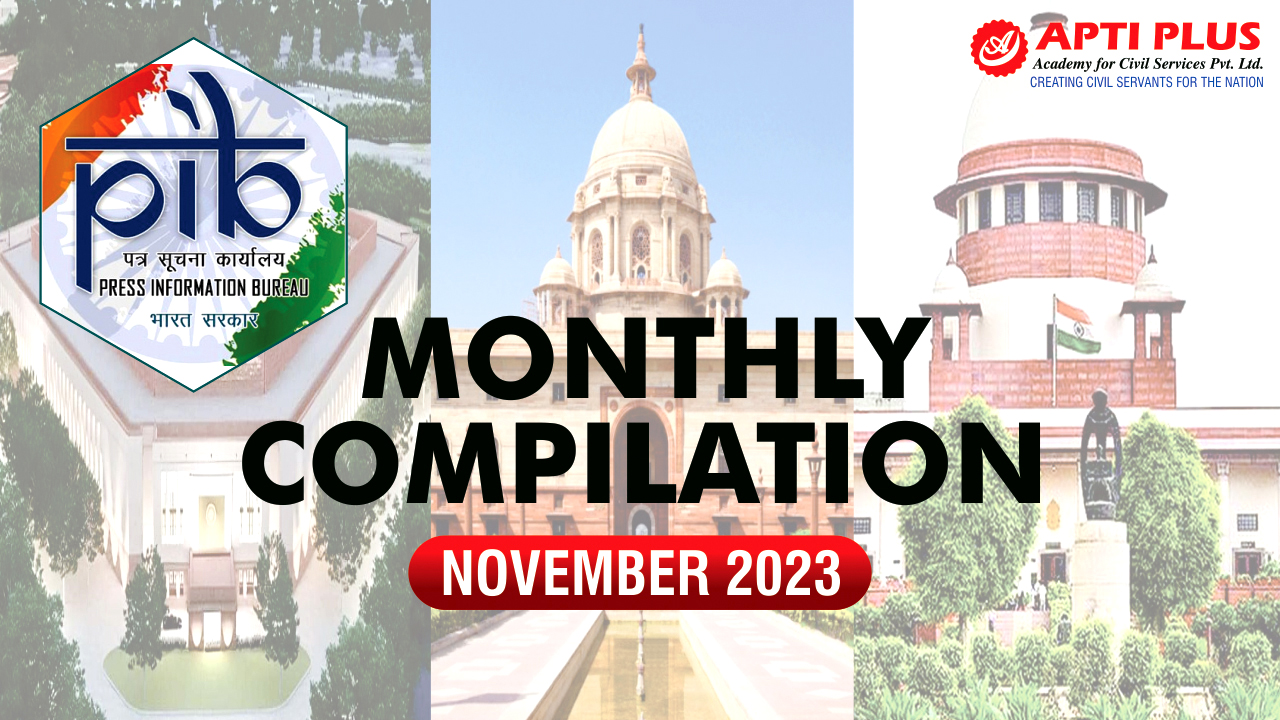Description

Copyright infringement not intended
Picture Courtesy: www.indiatoday.in
Context: The Telecommunications Bill of 2023 was introduced in the Lok Sabha.
Details
- The Telecommunications Bill of 2023 was introduced to bring comprehensive regulations to the telecommunications sector. However, its classification as a money bill has sparked concerns among lawmakers.
- Article 117(1) of the Constitution holds special provisions for finance bills, including money bills. Categorizing a bill as a money bill limits the role of the Rajya Sabha in its passage, allowing only recommendations without the power to reject or amend.
- Opposition members are contesting this classification, suggesting that it could bypass scrutiny in the Rajya Sabha, calling for its consideration as a regular bill.
Telecommunications Bill of 2023
- The Telecommunications Bill was introduced in the Lok Sabha to repeal the Indian Telegraph Act of 1885, the Indian Wireless Telegraphy Act of 1933, and the Telegraph Wires (Unlawful Possession) Act of 1950 while amending the Telecom Regulatory Authority of India (TRAI) Act of 1997.

Key provisions of the bill include:
- Authorization for Telecom Activities: Prior approval from the central government is mandated for telecommunication services, network establishment, and possession of radio equipment. Existing licenses will remain valid for their grant period or five years if unspecified.
- Spectrum Assignment: Spectrum allocation will occur through auctions, except for specific uses like national security, disaster management, weather forecasting, transport, satellite services, and public broadcasting, which may be administratively allocated. The government retains the right to repurpose or reassign frequency ranges and allows sharing, trading, leasing, and surrendering of spectrum.
- Interception and Search Powers: The government can intercept, monitor, or block messages in the interest of public safety, emergencies, or grounds such as state security, prevention of offences, or public order. Telecom services may be suspended, and temporary possession of infrastructure can be taken during emergencies. Authorized officers can search for unauthorized telecom networks or equipment.
- Setting Standards: The government can specify standards for telecom equipment, infrastructure, networks, and services.
- Right of Way: Telecom infrastructure providers may seek a right of way over public or private property on a non-discriminatory and non-exclusive basis.
- User Protection: Measures to protect users, such as consent for receiving specified messages and establishment of mechanisms to report malware, are outlined. Telecom service entities must have online grievance redressal mechanisms.
- TRAI Appointments: Amendments to the TRAI Act allow individuals with professional experience (30 years for the chairperson, 25 years for members) to serve.
- Digital Bharat Nidhi: Renaming the Universal Service Obligation Fund as Digital Bharat Nidhi, allowing its use for telecom services in underserved areas, and enabling research and development.
- Offences and Penalties: Criminal and civil offences include providing telecom services without authorization, unauthorized network or data access, breaching terms, etc., with corresponding penalties.
- Adjudication Process: Adjudication officers and appeals processes are outlined, allowing for inquiries, orders against civil offences, appeals to designated committees, and further appeals to TDSAT.

Conclusion
- The bill addresses a spectrum of issues within the telecommunications sector, from user protection to infrastructure establishment, aiming to modernize regulations and operations within the domain.
Must Read Articles:
TELECOM SECTOR: https://www.iasgyan.in/daily-current-affairs/telecom-sector
|
PRACTICE QUESTION
Q. What are the key regulatory changes proposed in the Telecommunications Bill of 2023, and how might these alterations impact the operations and landscape of the telecom sector in India?
|









